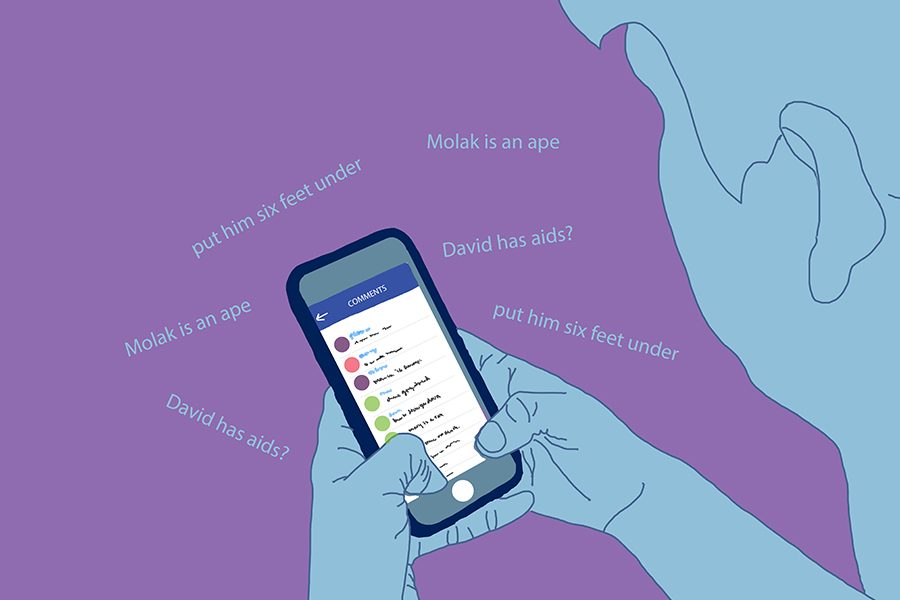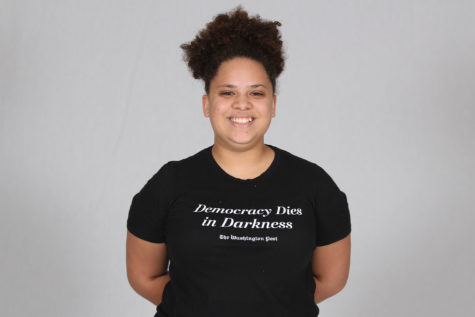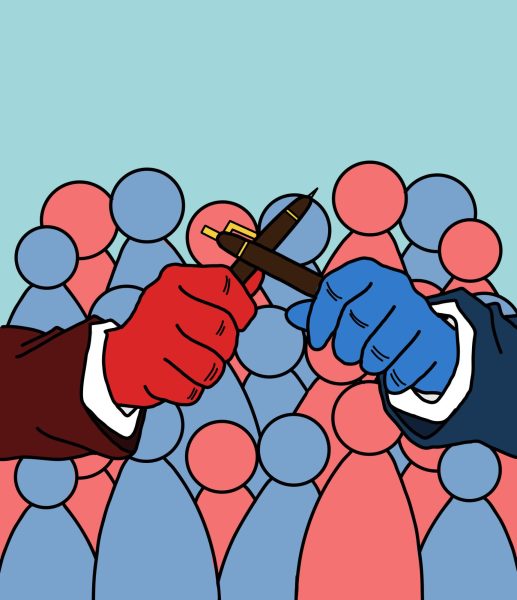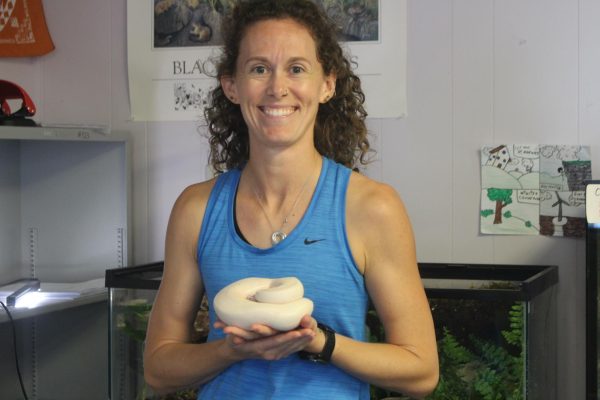Bill would enact stiff penalties on cyberbullies
David’s Law would require districts to have anonymous tip lines for harassment
December 19, 2016
Monkey. Ape. Square up. Put him six feet under.
These things were commented on San Antonio teenager David Molak’s Instagram in October of 2015. These messages, as well as messages and posts on Facebook, GroupMe, After School, and text, caused Molak to switch schools for his safety, but the harassment continued. Because of three months of relentless cyberbullying such as this, Molak committed suicide in January.
“It got to a point where he couldn’t look at himself in the mirror because he said he felt like he looked like a monkey,” Maurine Molak, David Molak’s mother, said.
Cyberbullying of this nature, specifically in the cases of Molak and Matt Vasquez, has spurred the push to pass “David’s Law” in the upcoming state legislative session beginning in January. The bill intends to prevent and fight cyberbullying focusing on seven different areas. The most significant proposed change would be to increase the severity of punishment for cyberbullying, making it a misdemeanor to electronically harass a minor and making it possible to put students who attempt to coerce other students into suicide in alternative learning centers or expel them.
“There’s really nothing in current legislation that’s applicable,” Matt Molak, David Molak’s father, said. “It’s become such a problem, and they wanted to honor David by naming the law after him.”
In addition to creating specific punishments for cyberbullying, David’s Law would require that all districts include cyberbullying in their bullying policies. It would also require school districts to have anonymous tip lines to report harassment or threats, and allow schools and law enforcement to work together on investigations of electronic harassment. Senior Isabella Luna, who has been cyberbullied before, said that the tip line will be good for students because it would help them anonymously report the bullying without their peers knowing.
“If the tip line was anonymous that would be a good way to low-key say ‘I’m not OK with this’ instead of being a minority of the majority,” Luna said. Luna did
Luna did a Twitter poll on cyberbullying at Akins last year, and she found that 75 percent of 112 students have witnessed cyberbullying. Social worker Colleen Arnold said that when students post things on the Internet, they are trying to convey who they are to others, and when people comment negatively on that, they get very hurt.
“It takes a very brave person to share these pieces of who you are,” Arnold said. “And when you think that people who are connected to your social media are your friends or friendly with you, it can be incredibly hurtful to find out that they’re not as friendly as you hoped they would be.”
As well as David’s Law, Matt and Maurine Molak created the David’s Legacy Foundation, which can be found at davidslegacy.org. The David’s Legacy Foundation works to end cyberbullying for children across Texas. An extension of the foundation is the “Don’t Bully Me Project” (DBM, also David Molak’s initials), which is a project created by a group of lawyers to provide legal services to victims of bullying to help resolve instances of harassment without charge.
“After this happened to David, they got together and were talking about it,” Matt Molak said. “They wanted to do something. They have children that are young, and they were thinking about their future and what this problem would look like years down the road.”
David’s Law was pre-filed in November and will not be voted on until Legislature goes into session in January. They will be in session for six months and David’s Law will go to various committees during this time. If all goes well, David’s Law will be signed in June and go into effect in September. The Molaks ask that those in support of David’s Law contact their legislators to let them know. One can find their legislators on the David’s Legacy website under “Legislation.”
“I think that we have a lot of good support already,” Matt Molak said. “We’re hopeful that legislators will see this as serious problem and want to do something about it. It’ll be difficult, but we’re going to do all we can to make it happen.”








